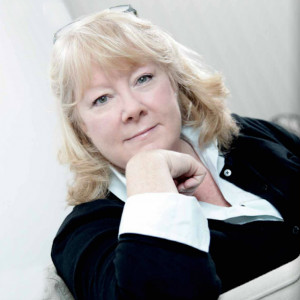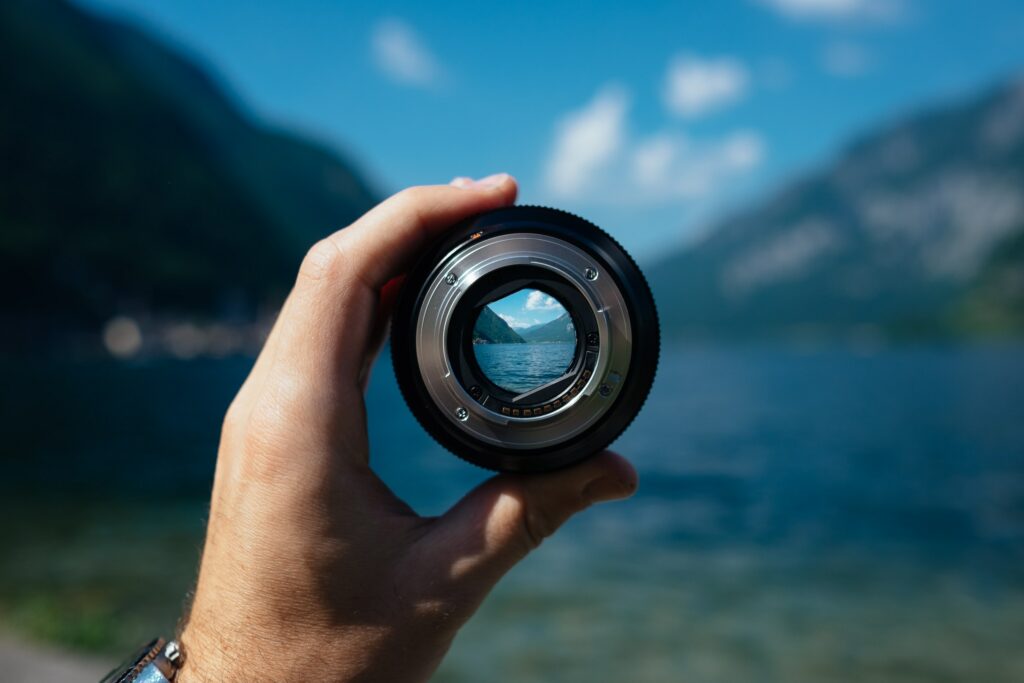A letter from KoAnn Skrzyniarz, CEO & Founder of Sustainable Brands.
As we launch into a new decade — one that may well be the most pivotal decade in human history — we at Sustainable Brands® find ourselves both increasingly concerned and increasingly hopeful.
It’s clear that, for some, low unemployment and positive stock market performance in the US read as solid signs of a healthy economy; justifying continued deregulation, further exploitation of our natural resources and ongoing pursuit of self-interest above the health of the whole.
Sadly, what’s absent from this short-term view is the recognition that we are living on borrowed resources and borrowed time. In fact, we continue to use nearly two times the natural resources the earth can restore each year to drive our global economy. We face increasingly polarized populations, the acceleration of climate-related disruptions and biodiversity loss, increasing income inequality; and threats of looming job market disruption, stemming from the accelerating capabilities of AI and robotics. Each of these concerns alone, and certainly all of them combined, give us clear reason to acknowledge that our current paradigm of take-make-waste has run its course. And those of us who are conscious of these and other concerning megatrends are justifiably challenged to imagine how we can restore our ecosystems to health and sustainability without rapid and coordinated response.
Thankfully, the global business community is increasingly waking up and acting, both individually and together — driven at least in part by stakeholder encouragement and sometimes even pressure, but also by the courage and force of bold, future minded change makers willing to do the hard work of paving the path to better brands and business. Despite governmental inaction, investors are moving more funds into sustainable investments. Financial giant Goldman Sachs recently announced a commitment to funnel $750 billion into green projects, advisory services and companies that are addressing climate change and inclusive growth; and the total value of the impact investment sector has now topped $12 trillion.
As people also wake up, more brands are documenting increasing sales of products and services that deliver proven environmental and social value to the world. The sense that purpose is a new competitive requirement is leading more companies today to re-envision their reason for being — to define and begin to articulate a purpose beyond profit around which to rally their people. And the conversation about the role of business purpose has moved far outside the CSR/Sustainability office to the C-Suite — as CEOs, CMOs and even CFOs are taking the purpose agenda to heart. Much progress has been made over the 15+ years since Sustainable Brands launched making the case that innovation for environmental and social benefit would become the key to economic resilience and success in the 21st century.
As more brands rush to claim purpose as the solution to brand risk and growth, the challenge will be to get purpose right. Purpose in today’s context cannot exist at the level of cheerleading for a cause.
KoAnn Skrzyniarz, CEO & Founder of Sustainable Brands
We are by no means, though, on solid ground. As more brands rush to claim purpose as the solution to brand risk and growth, the challenge will be to get purpose right. Purpose in today’s context cannot exist at the level of cheerleading for a cause. In fact, as with the “green rush” of 2007/08, launching a public purpose — absent a serious action plan to authentically and deeply deliver the goods through integrated execution across the organization — will likely backfire. With new solutions providers jumping in claiming to point the way, the undiscerning are at risk — as is our collective forward progress.
Purpose must be rooted in a deep understanding of how a business contributes to the greater good of the commons – those shared resources that none of us own but we all rely upon.
The time has come to move beyond half-hearted promises to incrementally reduce harm, or to incrementally deliver positive impact on non-material problems. There IS still hope that we can right our ship, restore our natural ecosystems to balance; and rebalance our socioeconomic systems to work for all people, rather than just the few. But to do this will require a new kind of commitment — to come together across sectors and regions, across functions and value networks — to acknowledge our need to be the ReGeneration. It’s time to get serious about making this the pivotal decade it must be — the decade we all tap the deep expertise of the thought and practice leaders who have been amassing knowledge over the past 30 years about the material business behaviors and cultural norms that need to change collectively, so that together we can shift our global economic paradigm toward a Regenerative model that will ensure the future of humanity on our planet.
Purpose, yes — but not the trivial, slap-a-new-tagline-on-our-brand-type purpose that some might suggest is good enough to satisfy the trend of the moment. No, we must all step up to purpose that runs deep into the core of who you are, what you do and how you do it — informed by the deep expertise of those who have done the hard work of learning to embed it authentically into the core of business strategy and across the organization. This is purpose that is aimed at delivering a regenerative economy that can restore us back to balance for the long haul.
At Sustainable Brands, we are fortunate to have worked on this challenge with the most informed thought and practice leaders around the world for almost two decades. We are fortunate to steward a global community of these long-time changemakers, who together have forged the deep learning needed to transform both their business and their stakeholders’ through heart-driven creativity, courage and hard work. It is our community that gives us hope in the midst of the story wars of the moment, and we couldn’t be more excited to be convening them in Long Beach to stand firm together in our conviction that We Are ReGeneration — and that together we will activate our purpose-led brands to drive the shift to a flourishing future.

KoAnn Vikoren Skrzyniarz
Founder & CEO
Sustainable Brands
KoAnn is Founder and CEO of Sustainable Life Media, producers and conveners of the internationally respected Sustainable Brands community.
Through Sustainable Brands, she and her team lead the global conversation about how 21st century brands can, and are delivering new business value through innovation for environmental and social purpose. In addition to overseeing direction and strategy at SB, she writes and speaks around the world on the shift in consumer demand and the opportunity for brands to respond by changing the way they think of and deliver against their role in society. She served as faculty for Harvard’s Leadership for Sustainability Exec Ed program, and is on the external sustainability advisory council for P&G. She was recently awarded the Hutchens medal from ASQ, (American Society for Quality) which recognizes exceptional leaders in social responsibility and sustainability.

